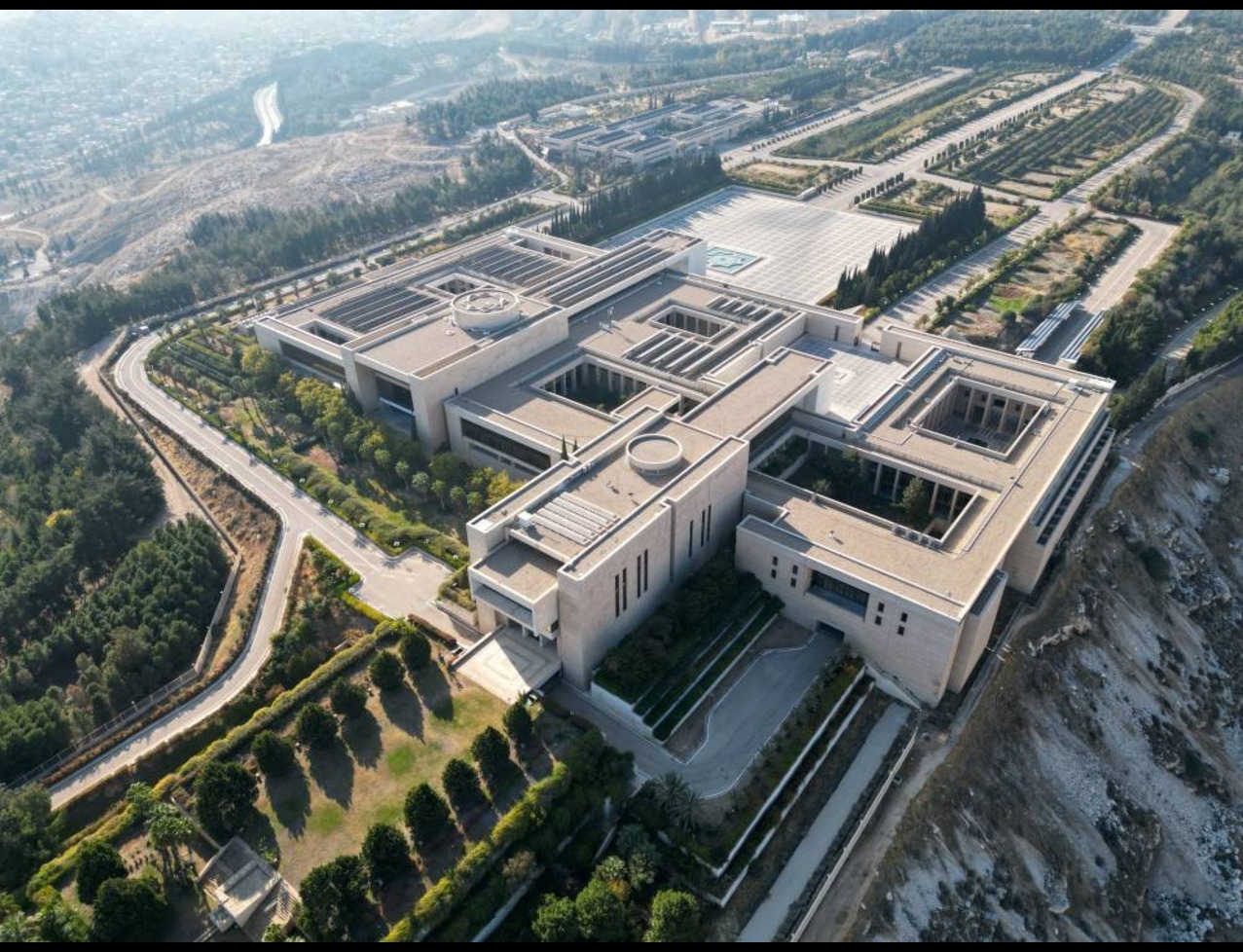At a recent meeting in Riyadh, German Foreign Minister Annalena Baerbock announced a pledge of €50 million in humanitarian assistance for Syria, emphasizing the urgent need for relief in the war-torn country. The aid is part of Germany’s continued support for Syrians facing dire conditions due to years of conflict.
Baerbock stated that the Syrian people require “quick” support, underscoring the importance of addressing both immediate humanitarian needs and long-term recovery efforts. The pledge comes as discussions intensify about Syria’s future, with Syrian interim leader Ahmed al-Sharaa urging Western nations to reconsider sanctions imposed on the country.
Al-Sharaa suggested that easing sanctions would provide Syria with an opportunity to rebuild its economy and improve its human rights record, which he argues is necessary for establishing a foundation for future growth and stability.
The call for sanction relief reflects ongoing debates within the international community about how best to engage with Syria’s current government and address the legacy of civil conflict. While some argue for increased diplomatic and economic support to encourage reform, others remain cautious due to concerns over human rights abuses and political oppression under the current regime.
As Germany’s aid pledge moves forward, attention will focus on how this financial support is implemented and whether it aligns with broader international efforts to promote peace, stability, and human rights in Syria.



